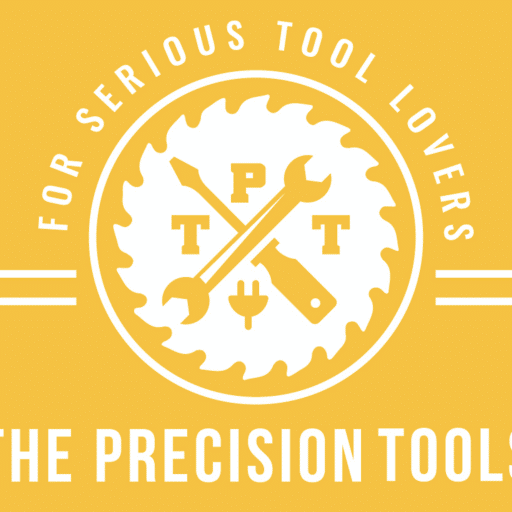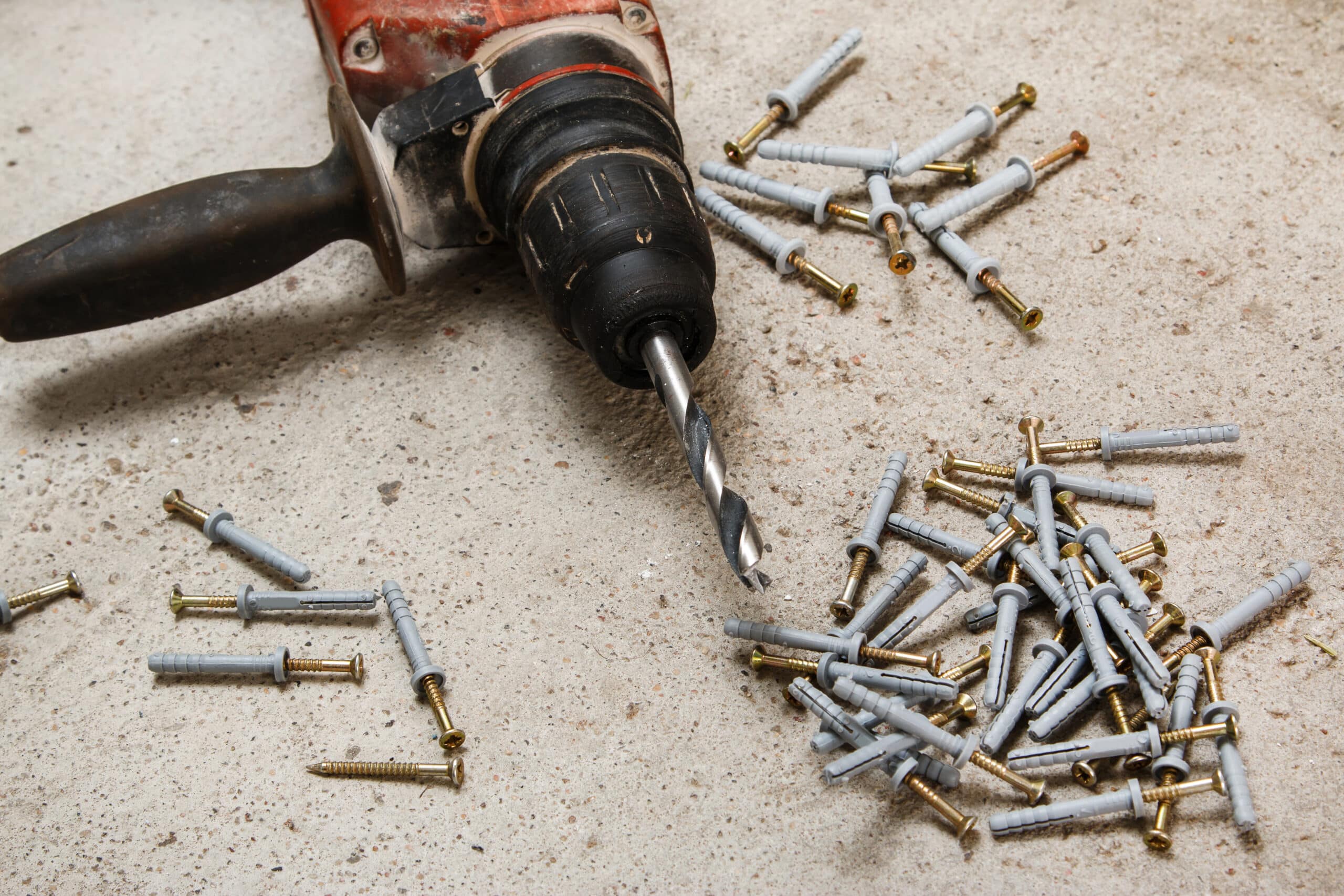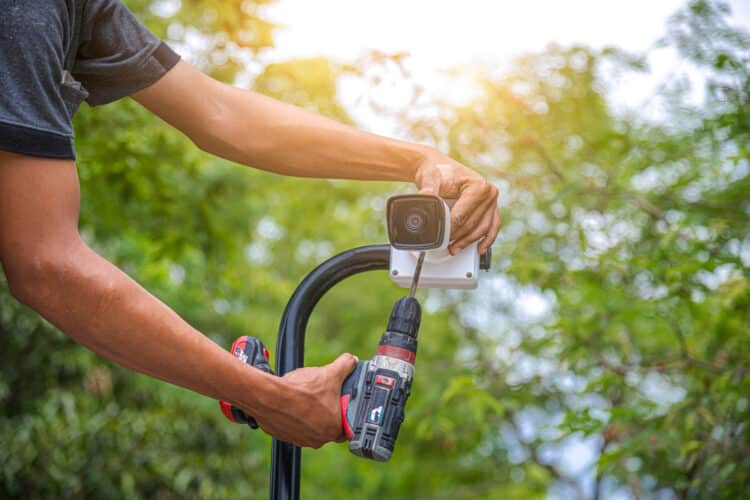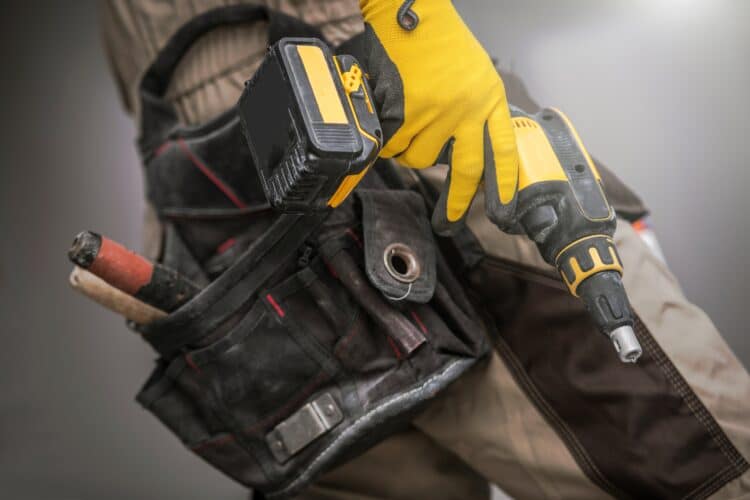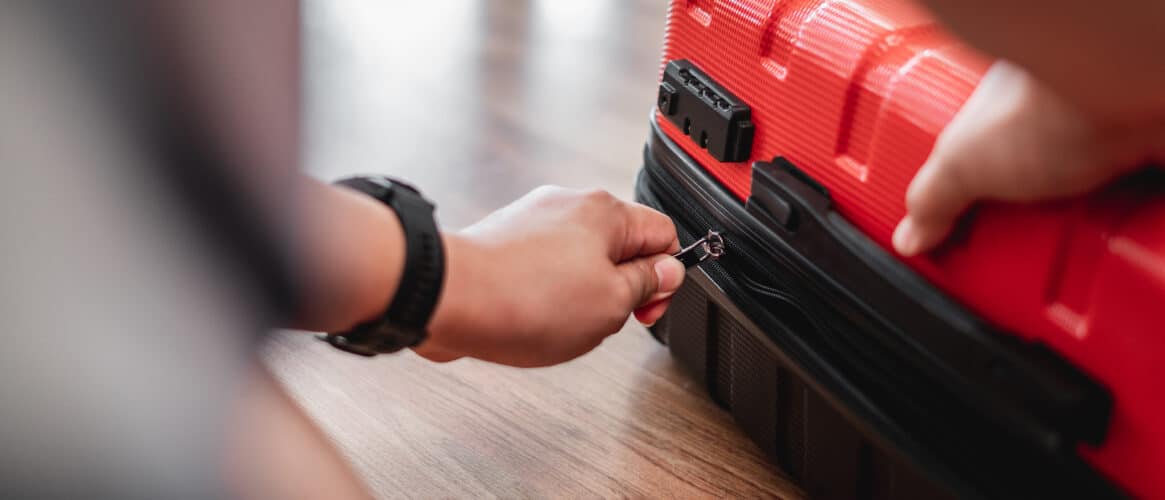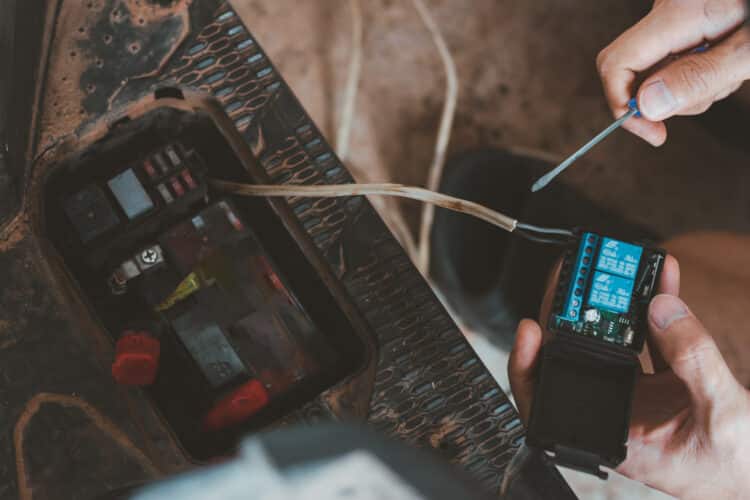Can You Use a Cordless Drill for Screws?
Key Takeaways
- Cordless drills can be used for screws
- Cordless drills offer increased speed, efficiency, and versatility in driving screws into various materials
- Cordless drills provide adjustable torque settings for better control and convenience of cordless operation
When it comes to tackling DIY projects or professional tasks, having the right tools can make all the difference. One common question that often arises is whether a cordless drill can be used for screws. In this article, we will explore this topic in detail and provide you with the facts and information you need to make an informed decision.
Understanding Cordless Drills and Cordless Screwdrivers
Before we delve into the question at hand, it’s essential to understand the difference between cordless drills and cordless screwdrivers. While both tools serve a similar purpose, they have distinct features and functions.
A cordless drill is a versatile power tool that is primarily designed for drilling holes in various materials, such as wood, metal, or plastic. It features a chuck that can hold a wide range of drill bits, allowing you to choose the appropriate size for your specific drilling needs.
On the other hand, a cordless screwdriver is specifically designed for fastening screws. It typically has a smaller chuck size that accommodates screwdriver bits, allowing for efficient and precise screwdriving.
Pros of Using a Cordless Drill for Screws
Despite their primary function as a drilling tool, cordless drills can indeed be used for screws. Here are some advantages to using a cordless drill for screwdriving:
- Increased Speed and Efficiency: Cordless drills rotate at high speeds, enabling faster screwdriving compared to manual screwdrivers.
- Versatility: Cordless drills can handle different types and sizes of screws, making them suitable for various projects.
- Adjustable Torque Settings: Many cordless drills have adjustable torque settings, allowing you to control the amount of force applied and prevent over-tightening or stripping of screws.
- Convenience of Cordless Operation: Cordless drills offer the advantage of mobility and ease of use, as they are not constrained by cords or power outlets.
Cons of Using a Cordless Drill for Screws
While cordless drills can be used for screws, there are a few considerations to keep in mind:
- Possibility of Over-Tightening: If not careful with torque settings, there is a risk of over-tightening screws, which can lead to damage or stripped screw heads.
- Potential for Damaging Materials: The higher speed and power of a cordless drill may cause damage to delicate materials or surfaces if excessive force is applied.
- Limited Control and Finesse: Cordless drills may lack the precision and finesse of a manual screwdriver, making them less suitable for delicate or precise work.
- Higher Cost: Cordless drills can be more expensive than manual screwdrivers, especially if you require additional features and accessories.
Conclusion
In conclusion, it is possible to use a cordless drill for screws, but it is important to consider the pros and cons before making a decision. Cordless drills offer increased speed, efficiency, and versatility in driving screws into various materials. They also provide adjustable torque settings for better control and convenience of cordless operation. However, there is a risk of over-tightening screws, potential for damaging materials, and limited control compared to manual screwdrivers.
Ultimately, the suitability of a cordless drill for screwdriving depends on the specific project requirements and personal preferences. It’s always a good idea to have both a cordless drill and a manual screwdriver on hand to tackle a wide range of tasks effectively.
Related Websites:
FAQs:
Q: Can I use a cordless drill for screws?
Yes, cordless drills can be used for screws. They have various screwdriving options and can be used with the right drill bit and screwdriver bit.
Q: What are the advantages of using a cordless drill for screws?
Using a cordless drill for screws offers portability and convenience. You can easily move around without the restriction of cords.
Q: What are the limitations of using a cordless drill for screws?
Cordless drills have torque limitations and limited battery life. This means they may not be suitable for heavy-duty screwdriving tasks.
Q: How can I efficiently drive screws with a cordless drill?
To ensure efficient screwdriving, use the correct speed and torque settings. Also, be careful not to strip or damage screws by applying excessive force.
Q: What type of drill bit and screwdriver bit should I use with a cordless drill?
It is important to select the right drill bit and screwdriver bit for different types of screws. Consult the drill’s manual or seek professional advice for specific recommendations.
